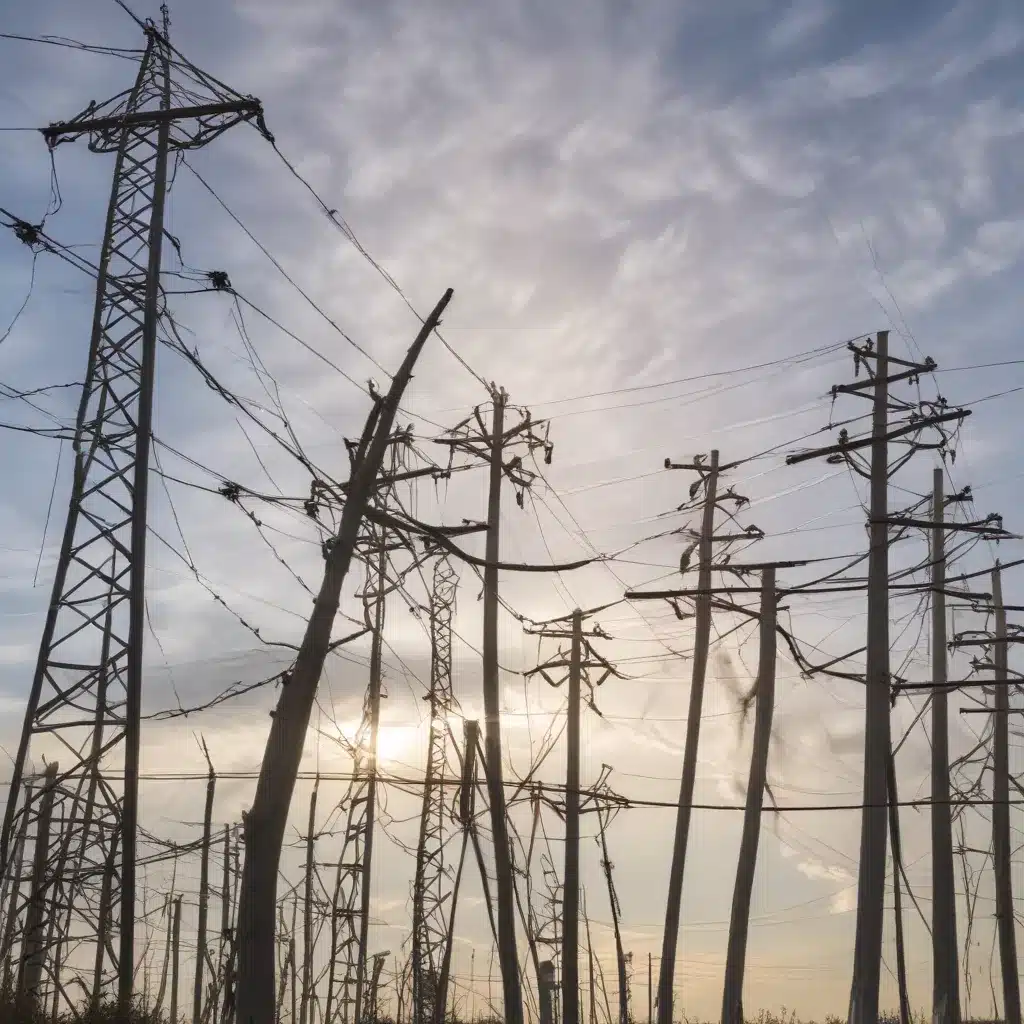
Empowering Energy Communities: Insights from Research on Regulatory Barriers
The energy landscape in Europe is undergoing a profound transformation, with a growing emphasis on decentralized, community-driven initiatives. Energy communities have emerged as powerful catalysts, empowering citizens to take an active role in the clean energy transition. These collaborative endeavors leverage local resources, innovative technologies, and shared investments to generate, distribute, and consume renewable energy within their own neighborhoods and municipalities.
Understanding Energy Communities
Energy communities are defined as “legal entities where citizens, SMEs, and local authorities work together in the energy sector to benefit the local community rather than to make profits.” They can take various forms, such as renewable energy cooperatives, citizen energy initiatives, or community energy projects. At their core, these communities aim to satisfy local energy needs using renewable sources, fostering energy independence, resilience, and environmental sustainability.
Challenges in Community-Based Energy Initiatives
While the potential of energy communities is widely recognized, they often face significant obstacles in their development and growth. Navigating the complex regulatory landscape is one of the primary hurdles. Outdated or rigid policies, uncertain market rules, and administrative complexities can hinder the formation and operation of these innovative initiatives. Additionally, access to financing, technical expertise, and community engagement can pose further challenges.
Role of Regulations in Empowering Energy Communities
Regulations play a pivotal role in either enabling or constraining the evolution of energy communities. Supportive policy frameworks can provide the necessary legal and financial incentives, streamlining the process of establishing and scaling these community-driven projects. Conversely, restrictive regulations can stifle innovation, limit citizen participation, and undermine the viability of energy communities.
Insights from Research
A recent review of the existing literature on renewable energy communities, published in the journal Sustainability, sheds light on the key regulatory barriers and innovative approaches that can empower these initiatives.
Policy and Regulatory Frameworks
The researchers found that the European Union’s Renewable Energy Directive (RED II) has been a driving force in promoting energy communities across the continent. The directive establishes a legal framework for renewable energy communities (RECs) and citizen energy communities (CECs). However, the implementation of these policies has varied significantly among EU member states, leading to a patchwork of regulatory environments.
Barriers to Community Participation
One of the primary barriers identified in the research is the complex and often opaque regulatory requirements for establishing and operating energy communities. Bureaucratic hurdles, lack of clear guidance, and administrative burdens can deter citizen participation and discourage the formation of these initiatives. Additionally, the researchers noted that insufficient access to financing and technical support can further hinder the growth of energy communities.
Innovative Regulatory Approaches
The review also highlighted several innovative regulatory approaches that have emerged to empower energy communities. For instance, some countries have introduced regulatory sandboxes that allow for the testing of new business models and technologies within a controlled environment, facilitating the development of community-based energy projects. Others have implemented feed-in tariffs and net metering schemes to incentivize local renewable energy generation and self-consumption.
Implications for Policymakers
The insights from the research on energy communities point to the crucial role that policymakers can play in fostering a supportive regulatory environment.
Adaptive Regulatory Policies
Policymakers should strive to develop adaptive and flexible regulatory frameworks that can keep pace with the evolving needs and innovations in the energy community sector. This may involve regular reviews and updates to policies, as well as the incorporation of regulatory sandboxes to test new approaches.
Incentives for Community Engagement
Governments should consider introducing financial incentives, such as tax credits, grants, or feed-in tariffs, to encourage citizen participation in energy communities. Additionally, providing technical assistance, capacity-building programs, and access to financing can empower local communities to take the lead in the energy transition.
Collaborative Governance Models
Fostering collaborative governance models that bring together policymakers, energy providers, and community stakeholders can help align regulations with the needs and aspirations of energy communities. This collaborative approach can facilitate the co-creation of policies, streamline administrative procedures, and ensure that the regulatory environment is responsive to the diverse needs of local communities.
Towards Sustainable Energy Transitions
Energy communities have the potential to be a transformative force in Europe’s clean energy future. By empowering citizens to take an active role in generating, distributing, and consuming renewable energy, these initiatives can drive the transition towards decentralized, sustainable, and inclusive energy systems.
Community-Driven Energy Solutions
The insights from the research highlight the importance of community-driven energy solutions in addressing the unique needs and priorities of local populations. Energy communities can tailor their approaches to local resources, infrastructure, and socio-economic conditions, ensuring that the energy transition is responsive to the diverse realities across Europe.
Decentralized Energy Systems
The proliferation of energy communities can contribute to the development of decentralized energy systems, reducing the complexity and costs associated with centralized grid infrastructure. By harnessing local renewable resources and fostering energy self-sufficiency, these initiatives can enhance the resilience and adaptability of the energy system as a whole.
Scalability and Replicability
As the regulatory landscape evolves to support energy communities, the lessons learned from successful initiatives can be scaled and replicated across Europe. This scalability can amplify the impact of energy communities, driving the transition towards a more sustainable and equitable energy future for all.
The European Future Energy Forum (https://www.europeanfutureenergyforum.com) is at the forefront of these transformative efforts, providing a platform for policymakers, industry leaders, and community stakeholders to collaborate and shape the continent’s clean energy landscape. By addressing the regulatory barriers and empowering energy communities, Europe can unlock the full potential of citizen-led initiatives and accelerate its journey towards a sustainable, decentralized, and inclusive energy system.







